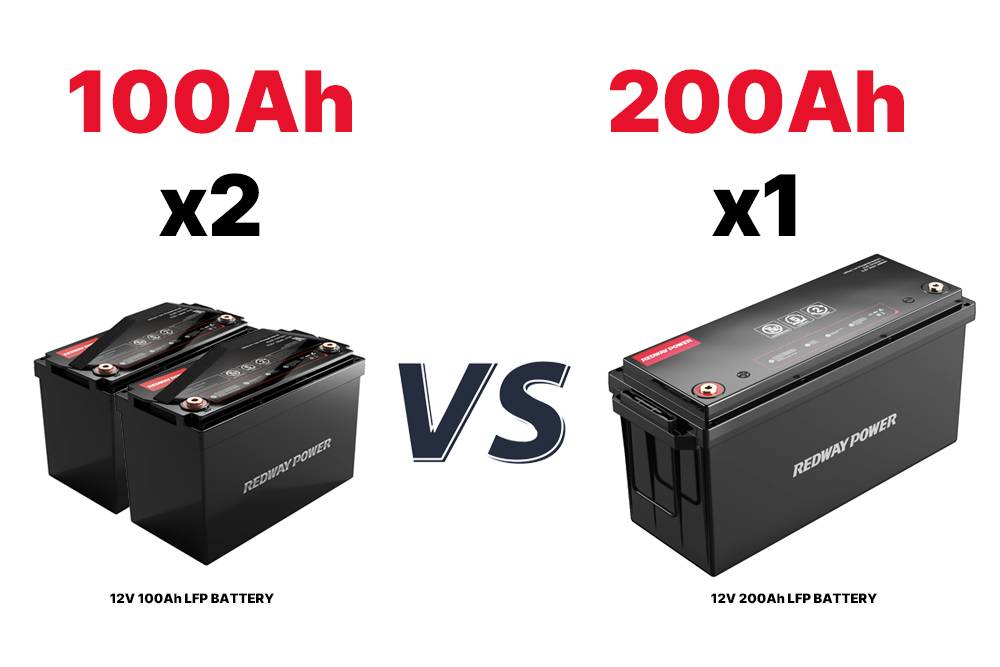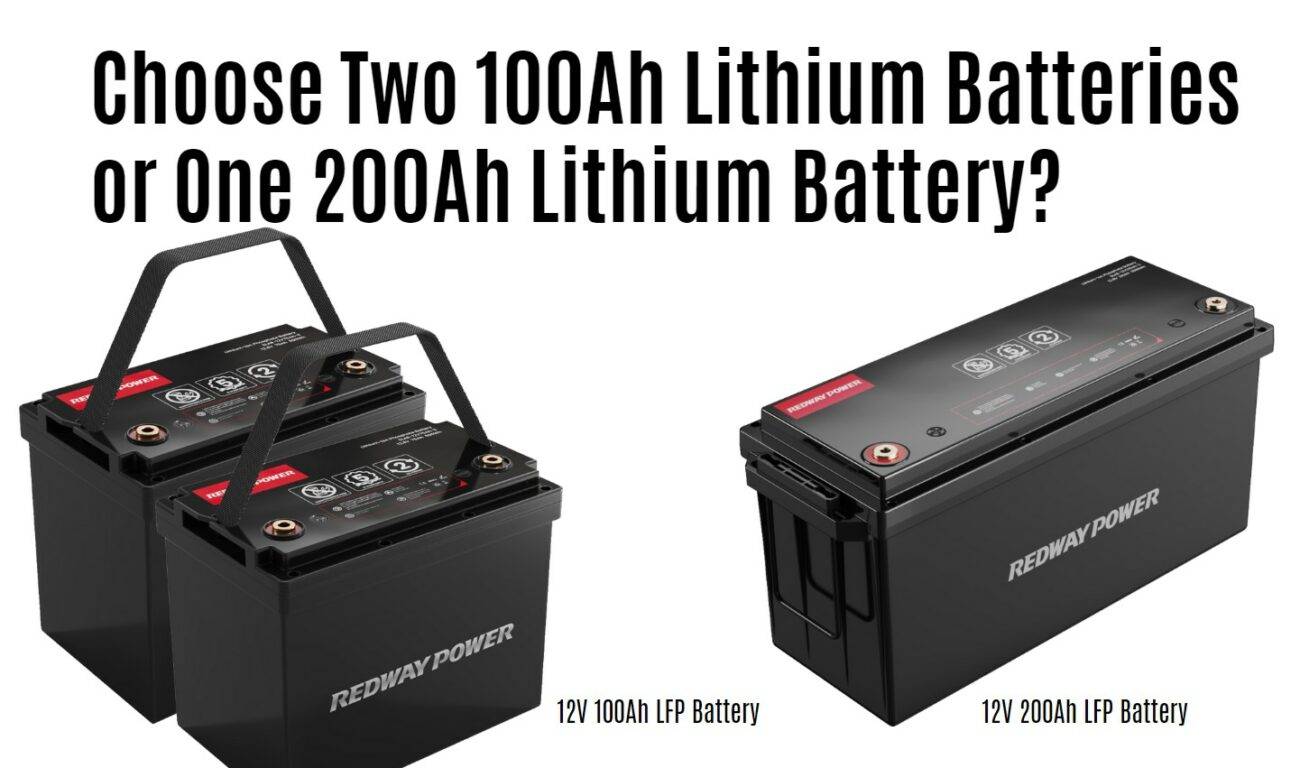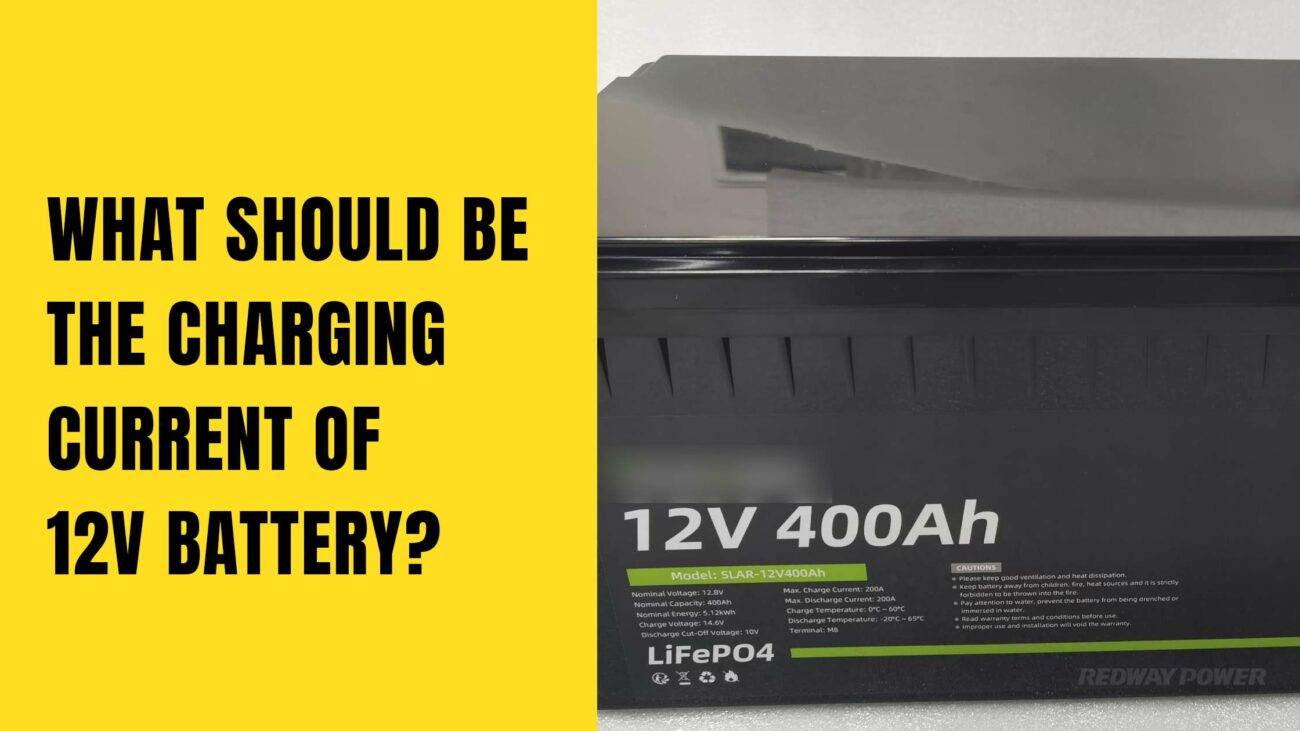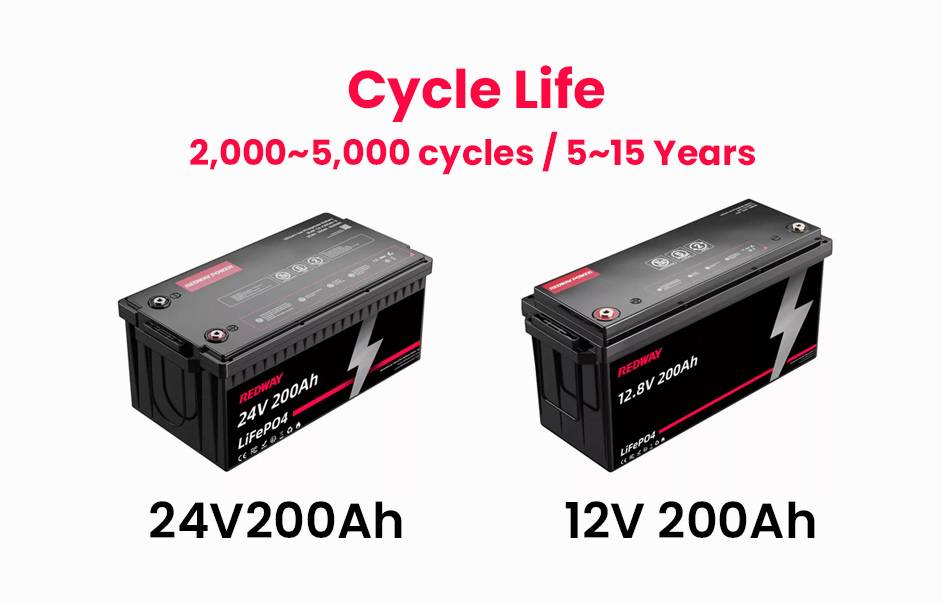- Forklift Lithium Battery
-
48V
- 48V 210Ah
- 48V 300Ah
- 48V 420Ah (949 x 349 x 569 mm)
- 48V 420Ah (950 x 421 x 450 mm)
- 48V 456Ah
- 48V 460Ah (830 x 630 x 590 mm)
- 48V 460Ah (950 x 421 x 450 mm)
- 48V 460Ah (800 x 630 x 600 mm)
- 48V 460Ah (820 x 660 x 470 mm)
- 48V 500Ah
- 48V 560Ah (810 x 630 x 600 mm)
- 48V 560Ah (950 x 592 x 450 mm)
- 48V 600Ah
- 48V 630Ah
-
48V
- Lithium Golf Cart Battery
- 12V Lithium Battery
12V 150Ah Lithium RV Battery
Bluetooth App | BCI Group 31
LiFePO4 Lithium
Discharge Temperature -20°C ~ 65°C
Fast Charger 14.6V 50A
Solar MPPT Charging - 24V Lithium Battery
- 36V Lithium Battery
- 48V Lithium Battery
-
48V LiFePO4 Battery
- 48V 50Ah
- 48V 50Ah (for Golf Carts)
- 48V 60Ah (8D)
- 48V 100Ah (8D)
- 48V 100Ah
- 48V 100Ah (Discharge 100A for Golf Carts)
- 48V 100Ah (Discharge 150A for Golf Carts)
- 48V 100Ah (Discharge 200A for Golf Carts)
- 48V 150Ah (for Golf Carts)
- 48V 160Ah (Discharge 100A for Golf Carts)
- 48V 160Ah (Discharge 160A for Golf Carts)
-
48V LiFePO4 Battery
- 60V Lithium Battery
-
60V LiFePO4 Battery
- 60V 20Ah
- 60V 30Ah
- 60V 50Ah
- 60V 50Ah (Small Size / Side Terminal)
- 60V 100Ah (for Electric Motocycle, Electric Scooter, LSV, AGV)
- 60V 100Ah (for Forklift, AGV, Electric Scooter, Sweeper)
- 60V 150Ah (E-Motocycle / E-Scooter / E-Tricycle / Tour LSV)
- 60V 200Ah (for Forklift, AGV, Electric Scooter, Sweeper)
-
60V LiFePO4 Battery
- 72V~96V Lithium Battery
- Rack-mounted Lithium Battery
- E-Bike Battery
- All-in-One Home-ESS
- Wall-mount Battery ESS
-
Home-ESS Lithium Battery PowerWall
- 24V 100Ah 2.4kWh PW24100-S PowerWall
- 48V 50Ah 2.4kWh PW4850-S PowerWall
- 48V 50Ah 2.56kWh PW5150-S PowerWall
- 48V 100Ah 5.12kWh PW51100-F PowerWall (IP65)
- 48V 100Ah 5.12kWh PW51100-S PowerWall
- 48V 100Ah 5.12kWh PW51100-H PowerWall
- 48V 200Ah 10kWh PW51200-H PowerWall
- 48V 300Ah 15kWh PW51300-H PowerWall
PowerWall 51.2V 100Ah LiFePO4 Lithium Battery
Highly popular in Asia and Eastern Europe.
CE Certification | Home-ESS -
Home-ESS Lithium Battery PowerWall
- Portable Power Stations
What Is The Ideal Charging Current For A 200Ah Battery?
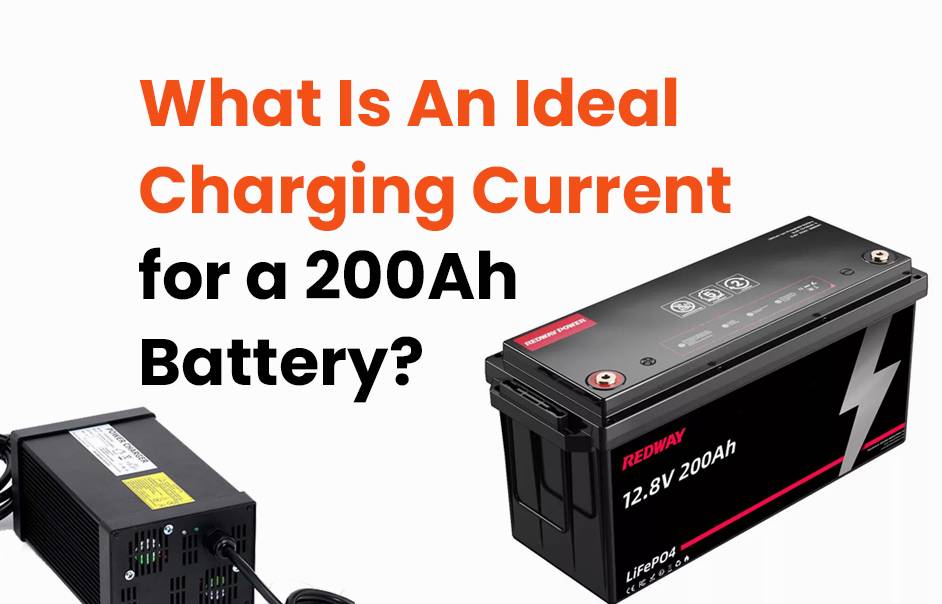
The ideal charging current for a 200Ah battery typically ranges between 20A to 40A, depending on its chemistry and manufacturer specifications. Understanding these parameters helps ensure optimal performance, longevity, and safety when using these batteries.
What is the ideal charging current for a 200Ah battery, and how is it determined based on its specifications?
The ideal charging current for a 200Ah lead-acid or lithium-ion battery generally follows these guidelines:
- Lead-Acid Batteries: Recommended at 10% of capacity, equating to about 20A.
- Lithium-Ion Batteries: Often suggested at 0.5C to 1C, translating to 100A to 200A depending on design.
Chart Title: Charging Current Recommendations
| Battery Type | Capacity (Ah) | Ideal Charging Current (A) |
|---|---|---|
| Lead-Acid | 200 | 20 |
| Lithium-Ion | 200 | 100 – 200 |
How does the charging current affect battery performance and lifespan during use?
Charging current significantly impacts:
- Lifespan: Insufficient or excessive currents can lead to sulfation in lead-acid batteries or overheating in lithium-ion cells.
- Performance: Optimal currents enhance efficiency during both charge and discharge cycles, ensuring reliable power delivery.
What factors influence the maximum charging current for a 200Ah battery to ensure optimal functionality?
Factors influencing maximum current include:
- Battery Type: Different chemistries have varying requirements; lithium-ion may allow higher currents.
- Temperature Conditions: Higher temperatures can increase efficiency but may also necessitate lower currents to avoid overheating.
- Manufacturer Specifications: Always consult specific guidelines provided by manufacturers.
What types of chargers are suitable for a 200Ah battery, and what essential features should they include for effective operation?
Suitable chargers include:
- Smart Chargers: Automatically adjust voltage based on charge state.
- Multi-stage Chargers: Provide bulk, absorption, and float stages to optimize charge cycles.
Key features include:
- Temperature Compensation: Adjusts output based on ambient conditions.
- Safety Protections: Overcharge, overcurrent, and short-circuit protections.
Why is optimal charging important for maintaining the health of batteries?
Optimal charging ensures:
- Prevention of Damage: Avoids issues like sulfation in lead-acid or thermal runaway in lithium-ion.
- Maximized Capacity: Ensures that batteries reach full charge without excessive wear.
How do different battery chemistries influence their respective charging requirements and practices in real-world applications?
Different chemistries require tailored approaches:
- Lead-Acid Batteries: Require slower, more controlled charges to avoid damage.
- Lithium-Ion Batteries: Can handle faster charges but need specific voltage limits to prevent overheating.
What safety precautions should be taken when handling and charging large batteries?
Safety precautions include:
- Proper Ventilation: Ensure good airflow around batteries during charge cycles.
- Protective Equipment: Use gloves and goggles when handling batteries.
- Secure Connections: Regularly check connections and terminals for corrosion or wear.
How can consumers effectively troubleshoot common issues related to battery charging to ensure reliability and performance?
Troubleshooting steps include:
- Check Connections: Ensure all terminals are clean and secure.
- Inspect Charger Settings: Verify that settings match manufacturer recommendations.
- Monitor Battery Health: Regularly test voltage levels; replace if consistently low.
Expert Views“Understanding how to charge your **200Ah batteries correctly is crucial,” states an expert in energy solutions management. “Proper techniques not only enhance performance but also significantly extend lifespan, ensuring reliability whenever you need power.”FAQ Section
- What happens if I charge my lithium-ion battery too quickly?
Charging too quickly can lead to overheating, reducing lifespan or causing failure. - How often should I check my charger settings?
Regular checks before each use ensure compatibility with your specific type of battery. - Can I use any charger on my lead-acid or lithium-ion batteries?
No, always use chargers specifically designed for your type of chemistry. - What should I do if my charger shows an error?
Refer to the user manual; it may indicate specific troubleshooting steps. - Is it safe to charge a LiFePO4 battery overnight?
Yes, if you use a smart charger with built-in protections, but monitor temperature.














